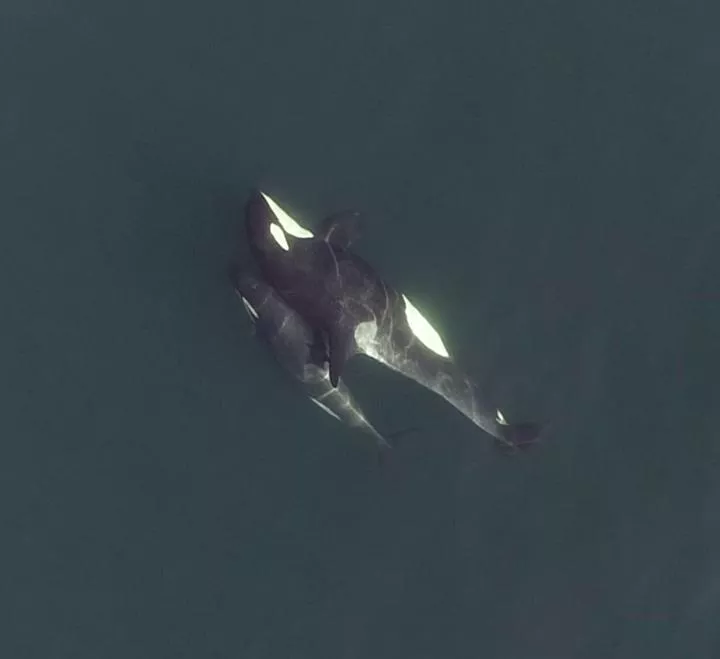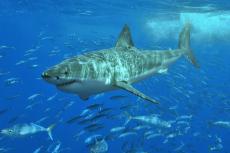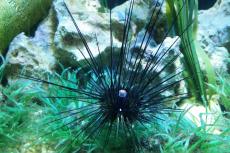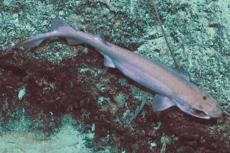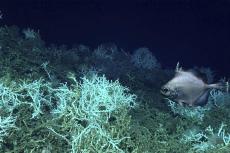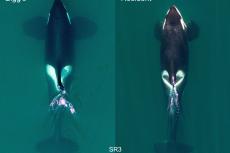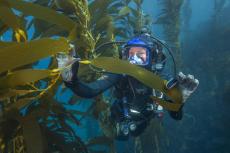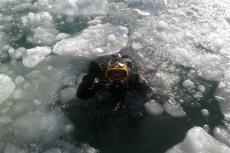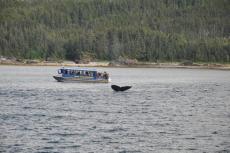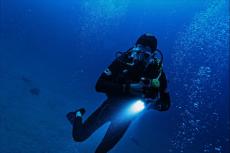Drones reveal social lives of orcas
Thanks to drones, we now have more insights into the social goings-on in the orcas’ world. These have been published in a recent issue of the Proceedings of the Royal Society B journal.
In the pre-drone days, researchers relied on their observations of the orcas when they surfaced, and this was understandably limited.
“Until now, research on killer whale social networks has relied on seeing the whales when they surface, and recording which whales are together," said lead author Michael Weiss, of the University of Exeter.
"Looking down into the water from a drone allowed us to see details such as contact between individual whales," he added.
The new insights were gained by combining the data derived from the drone recordings with more than 40 years of data collected by the Center for Whale Research in Washington on southern resident killer whales.
New insights
Based on the new findings, orcas prefer to interact with specific individuals, with a preference for those that are of the same gender and of similar age.
According to Dr Weiss, they preferred interacting with specific individuals. "It's like when your mom takes you to a party as a kid—you didn't choose the party, but you can still choose who to hang out with once you're there," he said.
In addition, the younger whales and the females play a central social role within the group. Then, as they got older, they became less socially connected.
Professor Darren Croft, of the university's Centre for Research in Animal Behaviour said that the researchers were amazed at how much contact there was amongst the whales. "In many species, including humans, physical contact tends to be a soothing, stress-relieving activity that reinforces social connection.
"We also examined occasions when whales surfaced together—as acting in unison is a sign of social ties in many species. We found fascinating parallels between the behaviour of whales and other mammals, and we are excited about the next stages of this research,” he added.


